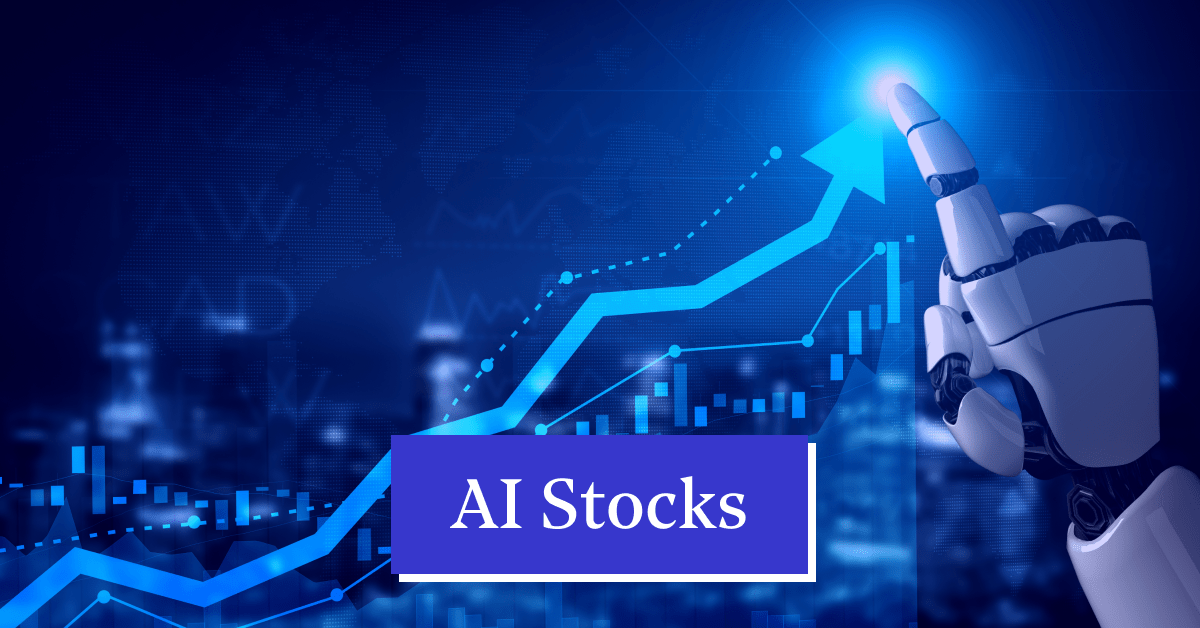20 Pro Pieces Of Advice For Picking AI Stock Trading Sites
20 Pro Pieces Of Advice For Picking AI Stock Trading Sites
Blog Article
Top 10 Tips On How To Assess The Customer Service Of Ai Stock-Predicting/Analyzing Trading Platforms
Customer support is critical when selecting an AI stock-predicting/analyzing trading platforms. A competent and responsive support team will make all the difference when it comes to resolving problems, optimizing platform usage, or ensuring a smooth trade experience. Here are ten top suggestions to assess the customer service of these platforms.
1. Assess the availability of support
24/7 support: Check if your platform offers support around-the 24/7, which is crucial for trading in real-time and global markets.
Hours of operation: If 24 hour support isn't offered, make sure that support is available during working hours.
Find holiday coverage.
2. Test Response Times
Initial response. Contact customer support and ask a test question to see how quickly they can respond.
Resolution time: Measure the length of time required to resolve a problem.
Live chats: If it is available Check the response time and effectiveness.
3. Examine Support Channels
Multichannel Support: The platform should offer support via various channels (e.g. live chat, email and telephone).
Preferred channel: Verify that the customer support channel that you would prefer (e.g. phone, chat) is available and reliable.
Self-service Options: To address issues quickly, you can use an extensive Knowledge Base, FAQs, and Community Forums.
4. Examine Support Qualities
Expertise: Make sure support agents are well-versed in the trading platform, its features as well as technical concerns.
Problem-solving: Evaluate whether the support agent can resolve complicated issues effectively, or escalate these in a timely manner.
Professionalism Examine whether the interactions with support have been professional, courteous and efficient.
5. Look for Account Managers who have a passion for their job.
Premium support: Make sure that the higher-tier users and institutional customers have access to specialized account managers.
Find out whether the account manager provides personalized support, proactive guidance or proactive assistance.
Relationship building: Ensure that your account managers are in contact to establish relationships that last for a long time.
Review the Support Documentation
Knowledge base: Make sure the platform has a an organized and searchable knowledge base with tutorials, guides, and troubleshooting advice.
Video tutorials See if you can find video tutorials on the platform.
API documentation. API documentation is important for developers.
7. Evaluation of Peer and Community Support
Forums for users: Check whether a platform offers an online community or forum that allows users to discuss their experiences and thoughts.
Social media groups - Look for groups that are not official Facebook, LinkedIn, Reddit as well as other social media platforms where users discuss the platforms.
Community engagement: Find out if the team of your platform is actively involved in forums or participates in discussions in the community.
8. Evaluate Escalation Processes
Issue escalation. Be sure you have a clearly defined procedure for reporting unresolved matters to management or higher-level staff.
Follow-up - See whether the support team continues to follow up with you once you've solved the issue.
Feedback loop: Check if feedback is collected from the users to enhance the support services.
9. Test Support during Critical Situations
Market volatility: Call support during periods of high-volatility and determine their responsiveness.
Technical problems: Simulate a technical issue (e.g. login issues, data discrepancy) to observe the way support tackles it.
Trade execution: Check if support can assist with urgent issues related to trade (e.g. unsuccessful orders, delays in execution).
Take a look at User Feedback
Online reviews: Read the reviews of customers on platforms such as copyright or G2 to gauge for the overall satisfaction level with customer service.
Testimonials or Case Studies Look up reports or testimonials that show positive customer experiences.
Find out how the platform responds to complaints and negative feedback.
Bonus Tips
Test out the platform through a trial or demo period.
Support for languages. If you do not speak English, make sure to check whether support is offered in the language you prefer.
Training and onboarding - Check to see if your platform offers training or onboarding sessions to help users start their journey.
These suggestions will assist you to assess the support provided by AI stock-predicting/analyzing trading platforms. In this way, you'll be able to choose a platform with reliable, responsive and helpful assistance. A customer support system that is quick and helpful can help improve your overall experience. Take a look at the recommended ai stock price prediction info for site tips including ai for investing, ai investing, chart analysis ai, stock analysis websites, best copyright prediction site, ai copyright trading bot, best ai for trading, best stock analysis app, ai trading bots, ai investing and more.
Top 10 Tips To Assess The Scaleability Ai Analysis Of Trading Platforms And Stock Prediction
To ensure AI-driven stock prediction and trading platforms can scale as well, they should be able to cope with the increasing volume of data and complexity in markets, and also the demands of users. Here are 10 tips for evaluating scaling.
1. Evaluate Data Handling Capacity
Tip : Find out if the platform has the ability to analyze and process huge data sets.
Why: Scalable systems must manage data volumes that are increasing without affecting performance.
2. Test Real Time Processing Capabilities
Test the platform to see how it handles data streams in real-time, such as breaking news or live price updates.
Why: Analyzing in real-time is crucial in trading decisions, and delays could result in miss opportunities.
3. Cloud Infrastructure Elasticity and Check
TIP: Check whether the platform is cloud-based infrastructure (e.g., AWS, Google Cloud, Azure) and is able to scale resources dynamically.
Why? Cloud platforms allow for elasticity. The system can be scaled up or back down in accordance with the need.
4. Assess Algorithm Efficiency
Tip: Evaluate the computational efficiency of the AI models (e.g. deep learning and reinforcement learning) that are used to make predictions.
The reason is that complex algorithms may require a lot of resources. Making them more efficient to make them scalable is important.
5. Find out more about Parallel Processing and Distributed Computer Systems
TIP: Make sure to check if the platform uses parallel processing frameworks or distributed computing frameworks.
What are they: These technologies speed up the processing of data and allow for analysis across multiple nodes.
6. Examine API Integration and Interoperability
Tip: Check the integration of the platform with external APIs.
The reason is that seamless integration allows the platform to adapt to new trading environments as well as data sources.
7. Analyze User Load Handling
Try simulating traffic volumes that are high to determine how your platform performs.
The reason: Performance of a scalable platform shouldn't be affected by the rise of users.
8. Review the Retraining Model and its Adaptability
Tips: Examine how often and efficiently AI models are being trained by new data.
Why: Because markets are always changing, it is important to keep models up-to-date.
9. Check for Fault-Tolerance and Redundancy
Tip: Check that the platform has failover features, and also has redundancy in the event of software or hardware malfunctions.
The reason: Since the cost of downtime when trading, fault tolerance is crucial for scaling.
10. Monitor Cost Efficiency
Tip: Evaluate the cost of scaling the platform, including cloud resources, data storage, and computing power.
The reason: Scalability shouldn't come at an unsustainable cost So balancing performance and cost is crucial.
Bonus Tip: Future-Proofing
Make sure the platform is able to incorporate new technology (e.g. quantum computing, advanced NLP) and is able to adapt to regulatory changes.
These elements can assist you in assessing the impact of AI-based stock prediction as well as trade platforms. They will also ensure they're reliable efficient, reliable capable of expansion and future-proof. See the recommended ai stock predictions tips for more examples including ai investing tools, best ai stocks to buy, free ai investing app, stock ai, ai investing, ai copyright trading, ai stock market, ai trading tools, best ai for trading, ai for stock trading and more.